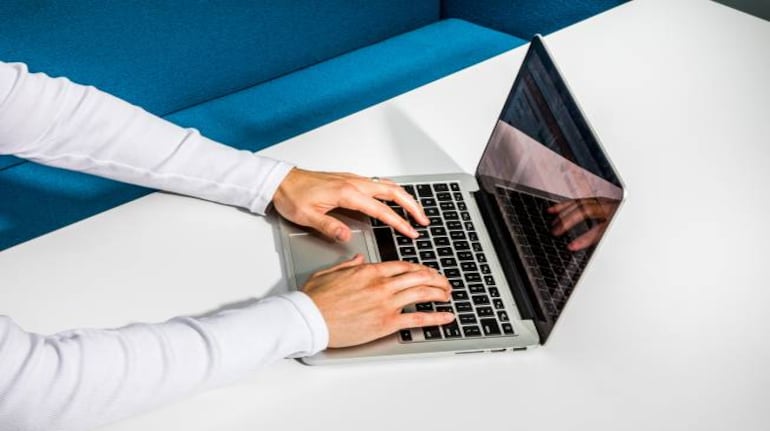As many as 63 percent office goers indicated that their work-life balance has improved since working from home post COVID-19 and as many as 89 percent said that they felt trusted by their managers
The office is definitely not dead but it is likely to change in its functionality and size. As many as 82 percent of employees would prefer to work from home for just over a day in a week after COVID-19. But, no one wants to work from home more than three days a week, a new survey has revealed.
As many as 82 percent wish to WFH at least one day a week after COVID-19, 0 percent wish to WFH for over three days a week. Also, those who have never worked from home before the pandemic, 85 percent would like to work from home at least one day a week after COVID-19, the Colliers survey said.
As many as 72 percent remain steady or feel more productive working from home; 25 percent have virtual ‘social’ breaks with colleagues; 25 percent use their camera during virtual meetings and 67 percent are missing in-person collaboration, it said.
As many as 63 percent office goers indicated that their work-life balance has improved since working from home post COVID-19 and as many as 89 percent said that they felt trusted by their managers during the work-from-home period, a new survey has said, a survey by Colliers has said.
Living arrangements have an impact on productivity. Respondents who live alone showed a more pronounced increase in productivity. Respondents who have virtual social breaks and meetings with colleagues at fixed moments show a 25 percent increase in productivity, the survey said.
Most respondents stated individual focused tasks are better facilitated at home, whilst collaborative activities are better facilitated at the office. Although not physically together, 83 percent of respondents still felt connected to their team during COVID-19. Most respondents stated they missed being able to collaborate with colleagues in the office and the segregation between work-life and home-life.
In early March, Colliers’ global Workplace Advisory team launched the first global ‘Work-from-Home’ experience survey, just as employees were immediately transitioning into new and varying work-from-home circumstances.
The survey has generated responses across APAC measuring how respondents experience working from home and the levels of desire to work from home after COVID-19. The core aim of the survey was to collect data in order to understand how people are experiencing working from home and identify potential medium and long-term impacts
While working from home, productivity levels did not change for many people. As many as 40 percent of the respondents indicated that productivity did not change since working from home. As many as 32 percent indicated productivity increased since working from home and 28 percent indicated productivity decreased, the survey said.
As for a post-COVID-19 workplace, the work-from-home experiment has forced businesses to revisit and re-evaluate employees’ wishes for flexibility of choice in and away from the workplace. Post the pandemic it would be a combination of work choices and space options.
COVID-19 has demonstrated that WFH can be successful; employees are happier and welcome this as an ongoing option. However, this by no means removes the need of a physical office. Offices should be repurposed and offer a variety of facilities to encourage collaboration and connection.
The office is definitely not dead; however, it is likely to change in its functionality and size, both in the short term and the medium to long-term. The potential impact will differ from organisation to organization, it noted.
As an organisation it is important to safely allow employees to return to the office in the short term with efficient and effective social distancing measures in place. Furthermore, it is imperative as an organisation to be proactive and not reactive by understanding now what the wide range of potential future real estate solutions could be, it said.
“Office is an environment where people feel comfortable to collaborate and work together. The need for that will not cease to exist due to the virus. The new normal will only create a new balance, with focus on flexibility”, said Arnab Ghosh, National Director, Fit-out at Colliers International India.






